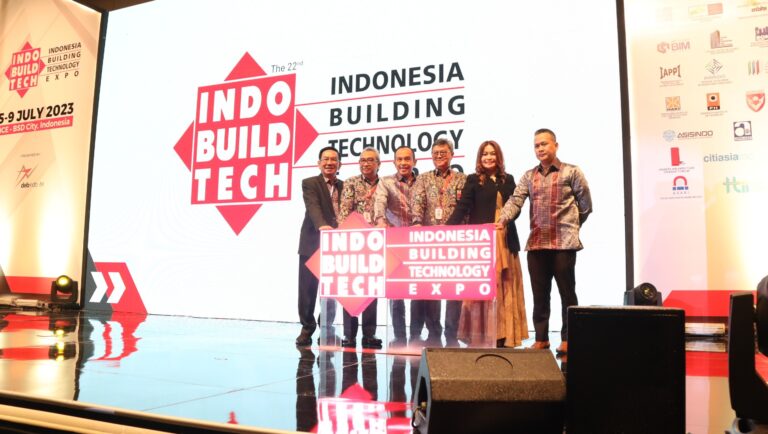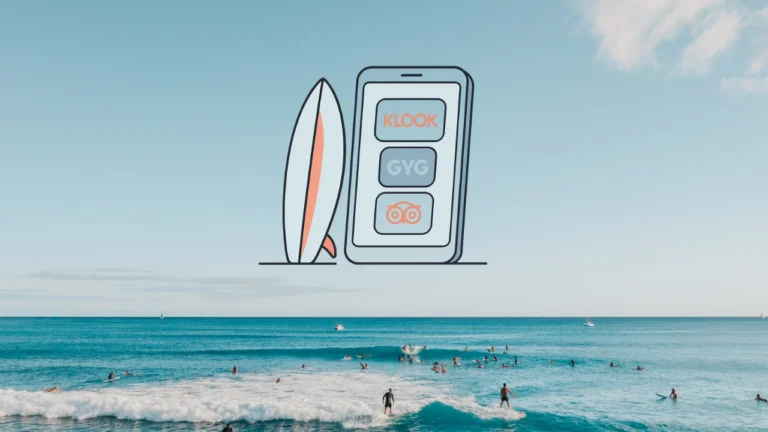Bali, renowned for its picturesque landscapes and vibrant culture, is an enticing destination for Australian entrepreneurs looking to establish a restaurant or cafe. The island’s dynamic culinary scene, coupled with a steady influx of tourists, presents a wealth of opportunities for those willing to invest. This blog will provide practical tips for navigating the process of opening a restaurant or cafe in Bali, covering food trends, ideal locations, legal considerations, and how Noethera Studio can support you in this exciting venture.
Understanding Food Trends
To succeed in Bali’s competitive culinary landscape, it’s essential to grasp current food trends. The island’s diverse cuisine reflects its rich cultural influences, making it a hub for innovative dining experiences. Recently, there has been a marked shift towards health and wellness. Consumers increasingly seek healthier options, leading to a growing demand for vegan, vegetarian, and organic dishes. By incorporating fresh, locally sourced ingredients into your menu, you can cater to health-conscious diners while also supporting local farmers.
In addition to healthy eating, fusion cuisine has gained popularity. By blending traditional Balinese flavors with Australian or other international cuisines, you can create unique offerings that appeal to both tourists and locals. This culinary creativity allows for endless possibilities and can set your establishment apart from others. Furthermore, eco-conscious dining practices are becoming more prevalent. Consumers are keen on sustainability, so adopting environmentally friendly practices—such as using biodegradable packaging or minimizing food waste—can enhance your brand’s appeal.
Choosing the Right Location
Location is a critical factor in the success of your restaurant or cafe. Bali offers a variety of areas, each with distinct atmospheres and clientele. Seminyak is known for its upscale dining and nightlife, making it an ideal location for high-end establishments. The area attracts both locals and tourists, providing a steady stream of potential customers.
Alternatively, Ubud, with its artistic and cultural vibe, attracts a more health-conscious and bohemian crowd. A cafe that focuses on organic, healthy options or offers a serene retreat can thrive here. Meanwhile, Canggu has become popular among digital nomads and surfers, making it a prime spot for casual eateries and coffee shops. By choosing the right location that aligns with your target audience, you can significantly enhance your chances of success.
Navigating Legal Requirements
Opening a restaurant or cafe in Bali involves understanding various legal requirements. As a foreign investor, it is crucial to familiarize yourself with the regulations governing the establishment of businesses in Indonesia. One of the most common entities for foreigners is the Perseroan Terbatas Penanaman Modal Asing (PT PMA), which allows 100% ownership of your business.
To set up a PT PMA, you will need at least two shareholders and one director. The process also involves drafting a deed of establishment, which must be notarized and registered with the Indonesian Ministry of Law and Human Rights. Obtaining the necessary licenses is also essential. This includes a food and beverage license, which ensures that your establishment meets local health and safety standards.
Compliance with health regulations is critical in the food industry. Your establishment will need to adhere to strict hygiene standards and undergo regular inspections. Understanding local labor laws is equally important if you plan to hire staff. Familiarize yourself with regulations concerning wages, working hours, and employee rights to create a positive working environment.
Building a Strong Brand Identity
Creating a strong brand identity is vital for attracting customers to your restaurant or cafe. Your brand should reflect the essence of your business and resonate with your target audience. Developing a unique concept that distinguishes your establishment from others is essential. This could involve a signature dish, a themed decor, or a particular dining experience that captivates your customers.
Establishing a robust online presence is also key in today’s digital age. Social media platforms are invaluable for promoting your cafe and engaging with your audience. High-quality images of your dishes, behind-the-scenes content, and customer testimonials can help create excitement and attract more visitors. Additionally, collaborating with local influencers or food bloggers can enhance your visibility. Their endorsement can introduce your restaurant to a wider audience, driving traffic and interest to your establishment.
Leveraging Noethera Studio’s Expertise
Embarking on the journey to open a restaurant or cafe in Bali can be both exhilarating and challenging. At Noethera Studio, we specialize in assisting Australian entrepreneurs in navigating the complexities of launching a restaurant in Bali. Our expertise encompasses branding and business strategy, providing valuable insights to help you create a solid foundation for your venture.
We offer services tailored specifically for the Balinese market, including market research, brand development, and strategic planning. By partnering with Noethera Studio, you can ensure that your business not only meets local regulations but also stands out in a competitive landscape. Our goal is to support you in every aspect of your entrepreneurial journey, making your vision a reality.
Conclusion
Opening a restaurant or cafe in Bali presents an exciting opportunity for Australian investors looking to dive into the vibrant culinary scene. By understanding food trends, selecting the right location, navigating legal requirements, and building a strong brand identity, you can set yourself up for success.
With the guidance and support of Noethera Studio, you can confidently embark on your journey to open a restaurant in Bali. Let us help you transform your culinary vision into a thriving business that resonates with locals and tourists alike. Don’t miss out on the chance to be part of Bali’s dynamic food culture!







